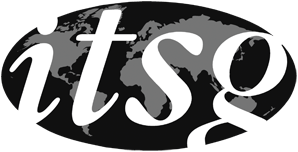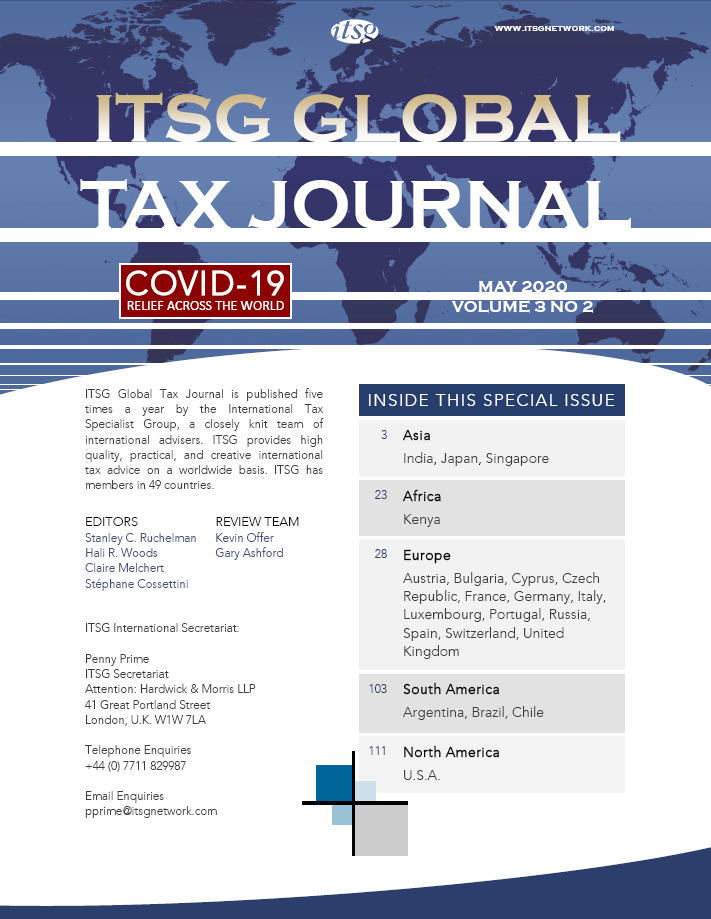The corona crisis is a heavy burden on certain German businesses. The government and the federal states have now decided to grant tax privileges to those affected.
On 19 March 2020, the Federal Ministry of Finance (B.M.F.) and the highest tax authorities of the federal states took action in order to mitigate the consequences of the current corona crisis for all taxpayers and companies operating in Germany. The Finance Ministry sent out a letter in this regard and the tax authorities of the federal states issued a decree of identical content. The relief measures aim in particular at maintaining the liquidity of the companies during the crisis and at avoiding additional strain due to tax payments.
The measures in detail
Tax deferrals
Until 31 December 2020, affected taxpayers can submit applications to their competent tax office to defer payments for income or corporate income taxes that are due now and until that date. Deferrals of tax payments due after 31 December 2020 require a special justification.
In general, the tax authorities will waive interest charges on these deferrals.
It should be noted, however, that this tax deferral option does not automatically apply to trade tax payments administered by the municipalities. In this respect, they are not bound by the decision taken by the B.M.F. and the federal states. Even though municipalities are not required to, there is hope that they will apply similarly accommodating options for tax deferrals.
Adapting prepayments on income, corporate and trade tax
Taxpayers may submit applications to their respective tax office for adapting prepayments on income and corporate income tax as well as for adapting the trade tax assessment amount in the context of trade tax prepayments. If a tax office approves adapting the trade tax assessment amount, this will also be binding for the municipalities responsible for levying trade tax.
Suspending enforcement measures
Until 31 December 2020, affected taxpayers will be exempted from enforcement measures regarding income and corporate income tax payments currently pending or due by that date. Taxpayers seeking to benefit from this must actively inform the relevant tax office, unless the tax office has direct knowledge of the fact that those taxpayers are directly affected. In addition, for the period from 19 March 2020 to 31 December 2020, late-payment penalties will be waived for those affected.
Again, this does not apply to trade tax payments, as the municipalities do not have to follow the federal and state authorities.
Individual taxpayers
Any taxpayer who can prove that he/she is directly and significantly affected by the economic impact of the corona virus can invoke the mentioned measures. Expressly, it is not required to show proof of the exact amount of the financial loss suffered in this case.
Considering the large number of general rulings issued by the police in recent days and weeks – banning assemblies and events, closing restaurants, bars, playgrounds and amusement arcades and, in particular, restricted travel – it should be fairly easy to present the necessary evidence, hoping that the tax authorities will examine each case in an unbureaucratic manner.
Taxpayers only indirectly affected by the effects of the corona crisis are not covered by the measures presented above and should refer to general principles regarding tax matters. This does not mean, however, that filing an application is without any chance of success. We advise that indirectly affected taxpayers should submit the relevant applications and separately show a justification for undue hardship based on the current situation.
Even in “grey area” cases, taxpayers should definitely refer to the B.M.F. and federal state measures in their applications. The B.M.F. clearly stated – at least regarding deferrals – that the authorities will not be too strict when examining the requirements.
Conclusion
The measures represent an important and welcome step towards relieving the burden on taxpayers affected by the crisis and their objectives are in line with other measures the German government adopted previously, in particular expanding K.f.W. loan options. The government wants to help secure the liquidity of companies in Germany in order to preserve jobs. Further fiscal measures, such as extending deadlines for filing declarations without the imposition of late filing penalties, and economic measures, similar to the emergency relief program in Bavaria, would be desirable.
Affected companies should react quickly and not hesitate to file the respective applications. Even if they are not technically covered by the new measures, an application referencing the general rules and undue hardship can be promising, especially considering that the full economic impact of the corona crisis is not yet foreseeable.
Finally, companies affected by the crisis should also make use of existing regulations and general tax relief rules as much as possible, for instance, tax exemption of restructuring income, e.g. in the case of loan waivers, and examine tax-optimizing restructuring options in order to make it through this crisis unscathed.
The contributions of the following lawyers are acknowledged.
- Dirk Koch (Lawyer, certified tax advisor Specialized lawyer for tax law Munich)
dirk.koch@gsk.de - Dominik Berka (Lawyer, certified tax advisor Frankfurt)
dominik.berka@gsk.de - Andreas Ebert (Lawyer Frankfurt)
andreas.ebert.@gsk.de - Felix Schill (Lawyer Frankfurt)
felix.schill@gsk.de - Tim Florian Metzmeier (Lawyer Munich)
tim-florian.metzmeier@gsk.de - Stephan Wachsmuth (Lawyer Munich)
stephan.wachsmuth@gsk.de
Original document can be found at: gsk.de/en/covid-19-legal-implications-coronavirus-crisis/

 Login
Login





















































